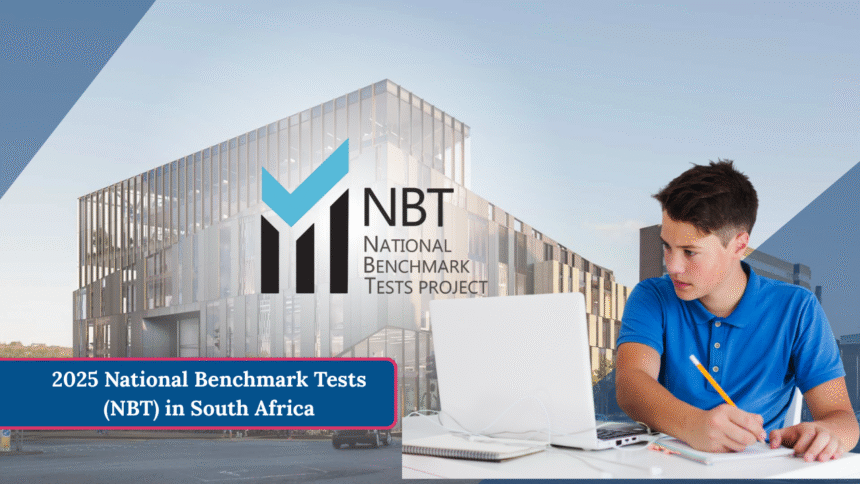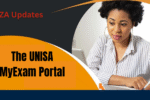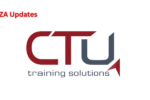2025 National Benchmark Tests (NBT) in South Africa. For many South African learners aiming to further their education at a university level, the 2025 National Benchmark Tests (NBT) play a crucial role. These tests are designed to assess a student’s academic readiness for university, going beyond the traditional National Senior Certificate (NSC) to give institutions deeper insight into an applicant’s strengths and needs.
Whether you’re applying to a public university or a specialised faculty, understanding the NBT structure, how to register, and what to expect on test day is key to your success. In this detailed guide, we cover all aspects of the 2025 NBT from test content and logistics to registration tips and preparation strategies.
What Are the National Benchmark Tests (NBT)?
The National Benchmark Tests (NBT) are standardised assessments developed in South Africa to measure readiness for higher education. Unlike matric results, which reflect what students have learned, the NBTs evaluate how students think, reason, and solve problems. These tests help universities determine:
- Whether an applicant meets the University admission requirements
- The kind of academic support a student may need once admitted
- Placement in appropriate courses and academic development programmes
Why the NBTs Are Important in 2025
With university admission becoming increasingly competitive, many institutions use the NBTs in conjunction with NSC results. For some courses and faculties, NBT results can heavily influence whether a student gets accepted or not. Moreover, the 2025 academic year is expected to see increased enrolments, making it even more vital for applicants to perform well on the NBTs.
Structure of the NBT
The NBT is divided into two separate tests, which are typically written on the same day:
1. AQL (Academic Literacy and Quantitative Literacy)
- Duration: 3 hours (morning session)
- Focus Areas: Language proficiency, reading comprehension, and basic mathematics used in everyday contexts
- Required by: Most universities and faculties
2. MAT (Mathematics Test)
- Duration: 3 hours (afternoon session)
- Focus Areas: Advanced mathematical concepts typically covered in high school
- Required by: Faculties of Engineering, Commerce, Health Sciences, and some Science programmes
Note: You must write both the AQL and MAT tests on the same day. You cannot split them across different dates.
NBT Test Dates for 2025/2026
The first session of the 2026 academic year NBTs begins on 1 April 2025. Test sessions are generally available on:
- Fridays
- Saturdays
- Sundays (to accommodate religious observers or those with Saturday constraints)
Make sure to check the official NBT website for the most up-to-date calendar and registration deadlines.
How to Register for the 2025 NBT?
All bookings for the 2025 NBT must be made online via the official website: https://nbtests.uct.ac.za/
- Use your full name as it appears on your official ID or passport
- Double-check your test venue, date, and test type
- You’ll receive an SMS and email confirmation two days before your scheduled test
Important: NBT registration is site and date specific. If you miss your session, you must rebook and pay again for a makeup test.
What to Expect on Test Day
Preparing for test day is crucial to reduce anxiety and ensure a smooth experience. Here’s what you need to know:
Arrival Time
- Be at the check-in desk by 7:30 AM
- Late arrivals may not be allowed to write
At Check-In
- You’ll receive an answer sheet with your name and ID number printed
- Double-check the information; you will be given instructions if corrections are needed
Identification
- Bring your South African ID or valid passport
- Place your ID next to your answer sheet for verification
Personal Items
Only the following items are allowed:
- Pencil
- Eraser
- Lunch
- Water bottle
All other belongings must be placed on the floor during the test.
Important Note
- Bathroom breaks are not allowed during the test, so plan ahead.
- The writing sessions last three hours, so make sure you’re well-rested and mentally prepared.
What Should You Bring to the NBT?
Here’s a checklist of essential items to bring to your NBT test centre:
| Item | Description |
|---|---|
| Official ID | South African ID or Passport |
| Stationery | Pencil and eraser only |
| Lunch | Light meal for break between sessions |
| Water | Clear bottle preferred |
| NBT Registration Confirmation | Printed or digital copy optional, but helpful |
Universities That Require the NBT
Most major public universities in South Africa use the National Benchmark Tests in their admissions process. These include:
- University of Cape Town (UCT)
- University of the Witwatersrand (Wits)
- Stellenbosch University
- University of Pretoria (UP)
- Nelson Mandela University
- University of the Western Cape (UWC)
- University of Johannesburg (UJ)
- Rhodes University
Always check the specific faculty requirements as some may only require the AQL, while others demand both AQL and MAT.
Conclusion
The 2025 National Benchmark Tests (NBT) are an essential part of the university admissions process in South Africa. By preparing effectively and understanding what to expect, you can greatly increase your chances of being placed into your desired course and institution.










